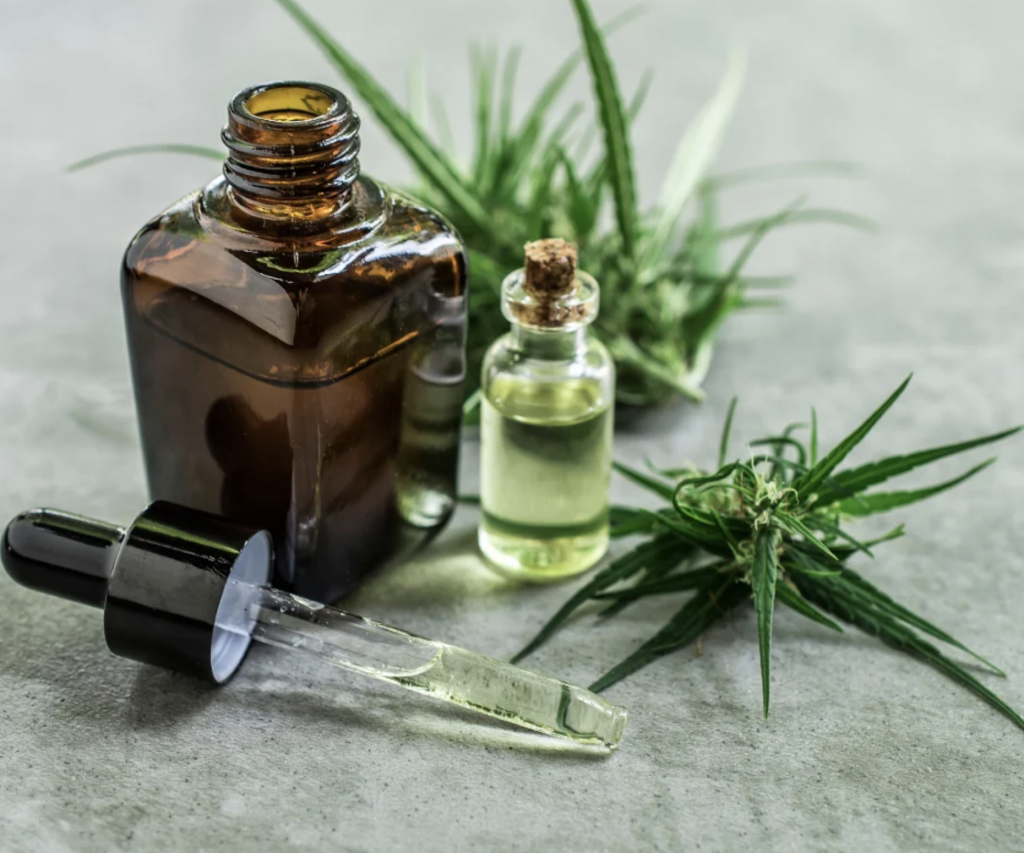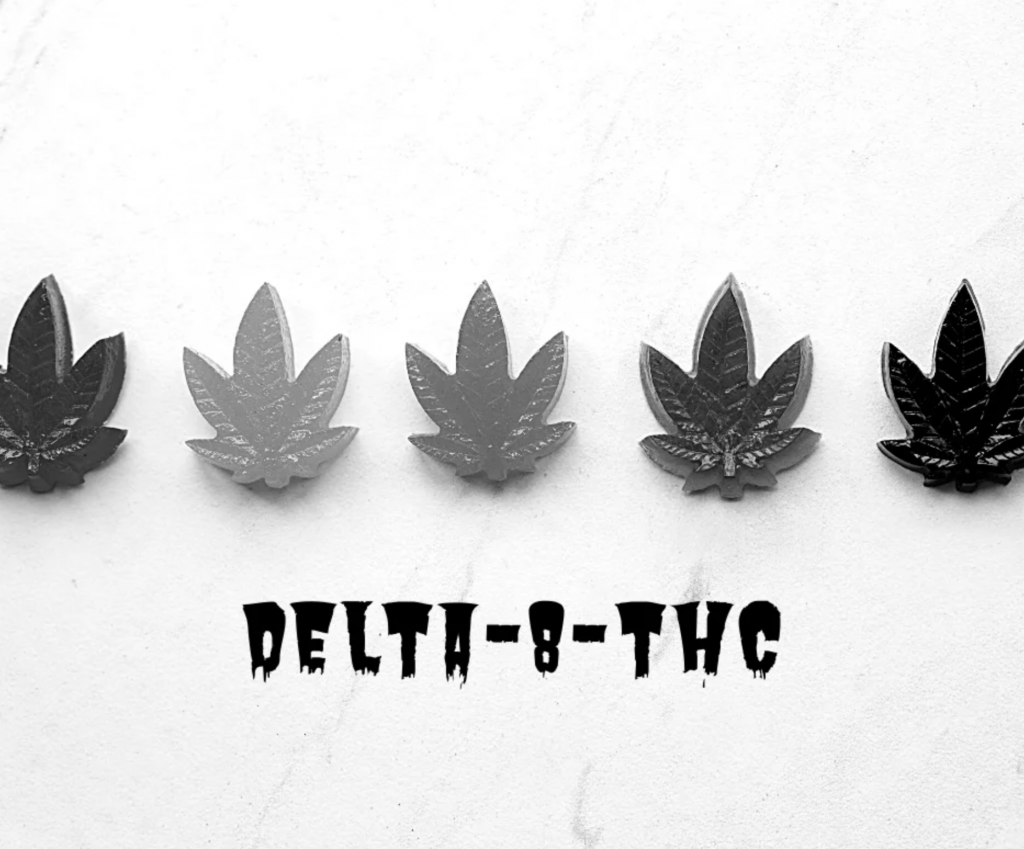
Medical marijuana may be legal in many states, however, in those where it is not or access is still limited, many people are turning to alternative products. Delta 8 THC is growing in popularity, especially in states that don’t have access to recreational or medical cannabis. On May 4th of 2022, the Food and Drug Administration (FDA) issued a round of warning letters that were sent to five different companies. These companies were allegedly selling Delta 8 products in manners that went against or violated the Federal Food, Drug, and Cosmetic Act also known as the FD&C ACT.
The FDA tweeted on Tuesday, May 4th letting people know that the “FDA is very concerned about the growing popularity of Delta 8 THC products being sold online and in stores nationwide. We will continue to safeguard Americans’ health and safety by monitoring the marketplace and taking action when companies illegally sell products that pose a risk to public health.”- Janet Woodstock, MD, Principal Deputy Commissioner
The US FDA also went on to say, “Delta 8 THC products may be dangerous to consumers. Delta 8 THC has psychoactive and intoxicating effects, and the FDA has received reports of adverse effects experienced by patients who have consumed these products.”
A cloud of confusion surrounds the mysterious, newly surfaced, Delta 8 THC. Is Delta 8 THC good, or is it bad? Is the stuff even legal? Are companies find Delta 8 THC hiding behind a smokescreen of lies and misinformation? Just what is Delta 8 THC, what’s behind its popularity, and why has it garnished the attention of the FDA?
Delta-8 THC
Delta-8-Tetrahydrocannabinol or Delta-8 THC for short occurs naturally in cannabis but only in very minor amounts. Delta 8 THC is actually created in a process that involves converting hemp-derived CBD. Glacial acetic acid in a diluted form is also called vinegar. Basically, CBD is soaked in a batch of super potent vinegar to convert natural cannabinoids into Delta 8 THC through the process of chemical conversion.
The FDA wants you to know that “Delta 8 THC products have not been evaluated or approved by the FDA for safe use and may be marketed in ways that put the public health at risk.” Just so you know, glacial acetic acid is considered “corrosive” and “flammable” according to warning labels on the product. By all standards glacial acetic acid is considered to be weak when it comes to acid. However, according to the National Institute of Health, “glacial acetic acid is a corrosive poison that can cause injury or death when human tissue is exposed to it.”
Dangerous Popularity Covered in a Smokescreen
Why would something this dangerous be so popular? According to those who make it, it’s completely safe. According to many reports, Delta-8 THC produces similar effects that consumers would experience from Delta 9 THC. Delta 9-THC is of course illegal still in many places. However, Delta-8 THC is available widespread because it is derived from CBD that comes from industrial hemp which qualifies as legal under the 2018 Farm Bill. This gives people the ability to capitalize on consumers without access to Delta-9 THC or those who have very little knowledge or information about Delta-9 THC.
Delta 8 THC is very popular in states that do not have legal access to medical cannabis or recreational cannabis. However, it is not legal in all of those states. In fact, 13 states, Washington State, Utah, North Dakota, Vermont, Montana, Rhode Island, New York, Colorado, Iowa, Idaho, Delaware, Nevada, and Alaska have all banned the sale and production of Delta 8 THC. Even though there is a ban in the states, laws pertaining to the possession and use of these products are unclear.
According to media sources, Kingdom Harvest LLC, M Six Labs, BioMD Plus LLC, ATLRx Inc., and Delta 8 Hemp all received letters from the FDA regarding violations. These companies are said to have 15 working days to give a written response on how they will address their violations and prevent them from reoccurring. Should companies fail to respond within the 15-day window they could face legal action ranging from injunctions to product seizures.

What to Believe About Delta-8 THC
When it comes to what to believe about Delta-8 THC, there is a smokescreen of confusion. There are always two sides to every story. The FDA claims that Delta 8 THC poses a risk to public health. They have reasons to back it up such as the chemicals involved in the synthetic conversion of CBD into Delta 8.
However, this doesn’t hold water with everyone. Many people will be quick to point out that the FDA is also the same entity that supports continued cannabis prohibition. Unless, of course, they can make a pretty penny off of it helping their buddies over at Big Pharma as they did with the cannabis-based drug, Epidiolex. Let us not forget the three synthetic cannabis-based drugs Syndros, Marinol, and Cesamet which are only available by prescription from a valid healthcare provider. Yet according to the federal government, cannabis is a schedule 1 drug meaning it has “no currently accepted medical use and a high potential for abuse.” Wow, just wow.
Federal Legalization Could Solve a Plethora of Issues
If people everywhere had legal access to cannabis in all forms from industrial hemp to medical/recreational cannabis, perhaps issues such as chemically converting naturally occurring cannabinoids like CBD into synthetic ones like Delta 8 wouldn’t be an issue. Cannabis legalization should have happened long ago. The only thing preventing positive cannabis policy from happening is outdated politicians who remain in office clinging to the past. The United States federal government needs to end its outdated, ill-informed, racist, and archaic stance supporting continued cannabis prohibition.
Delta-8 seems dangerous compared to natural THC when you just look at the risk associated with the chemical Glacial acetic acid that is used to process it. It would seem if the FDA and the Feds were really concerned about this, they would do more than send warning letters. If they were truly concerned, end federal cannabis prohibition, and give all Americans the freedom of legal access to cannabis. Be sure to let your local representatives know if you support an end to marijuana prohibition. Let them know whether you support recreational adult-use cannabis, medical cannabis, or both. Also, let them know that the American people should have the right to grow their own cannabis at home. They should not be required to be made dependent on industry to provide it. Perhaps an end to federal marijuana prohibition would offer safety to the American public regarding cannabis that the FDA and federal government claim to be concerned about. What are your thoughts?
Disclaimer: The information, including but not limited to, text, graphics, images and other material contained in this article is for informational purposes only. No material from this article is intended to be a substitute for professional medical advice, diagnosis, or treatment. Always seek the advice of your physician or other qualified health care provider with any questions you may have regarding a medical condition or treatment and before undertaking a new health care regimen. Never disregard professional medical advice or delay in seeking it because of something you have read on this website.
